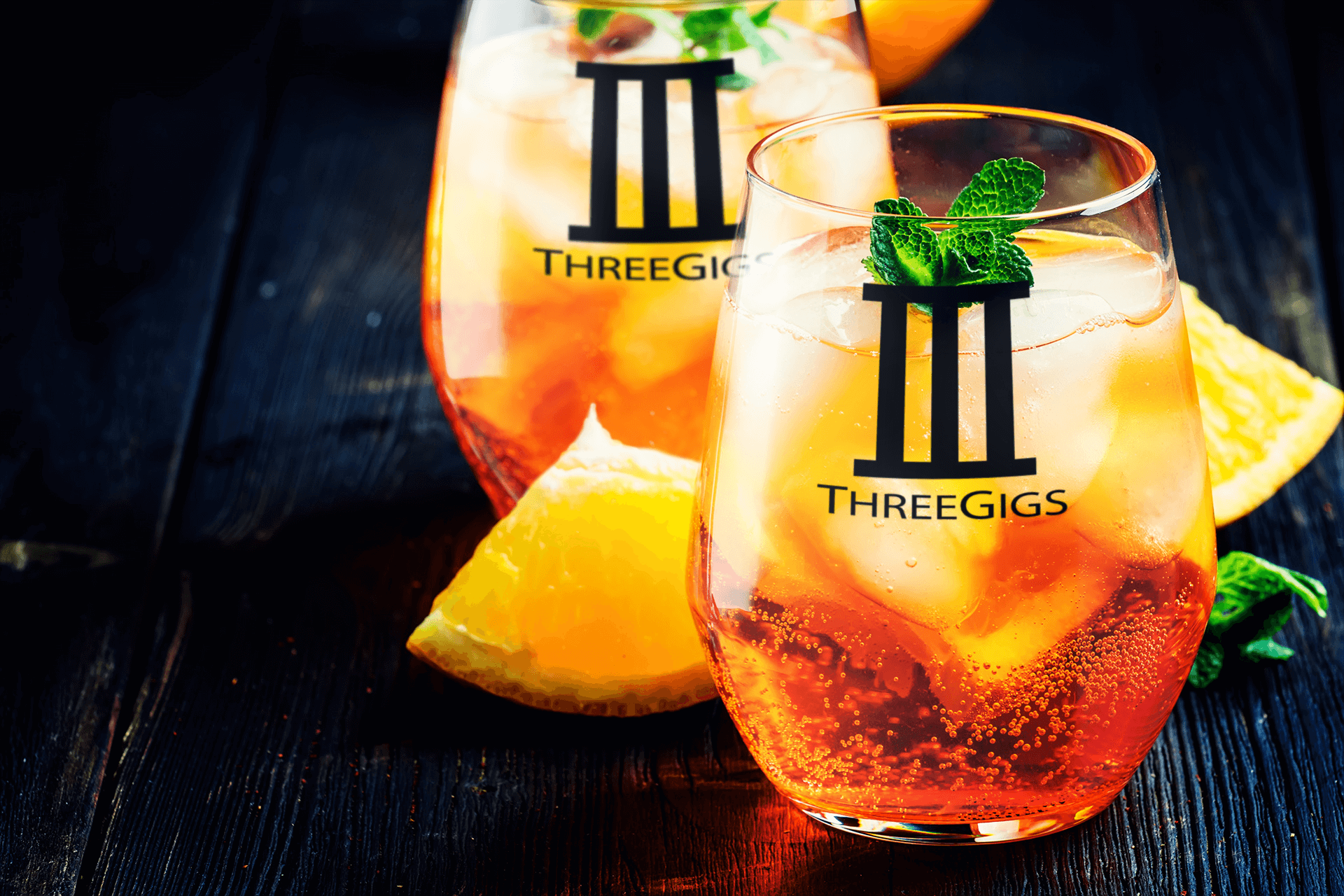In the ever-evolving landscape of marketing, promotions companies have carved out a niche by creating impactful, direct-to-consumer experiences. These companies specialize in hiring promotional models, often referred to as "promo girls," to engage consumers with a brand at various events. But how exactly do these promotions companies operate, and what makes them an essential partner for brands looking to amplify their presence
The Inner Workings of Promotions Companies
Client Briefing and Strategy Development
Every successful campaign starts with a deep understanding of the client's goals and target audience. Promotions companies begin by receiving a detailed briefing from the client, which informs the creation of a tailored campaign strategy. This strategy includes selecting appropriate events and venues, defining the scope of activities, and crafting engaging tactics that will resonate with the audience.
Budgeting and Planning
Once the strategy is in place, the next step is budgeting. The total budget encompasses costs for promotional models, materials, travel, venue fees, and agency fees. Detailed planning involves scheduling events, booking venues, and organizing logistics such as transportation and accommodation for the promo staff.
Recruitment and Training
Promotional models are crucial to the campaign's success. These models are recruited based on specific campaign requirements such as appearance, personality, and the ability to engage effectively with the target audience. They undergo rigorous training to ensure they are well-versed in the brand's message, product knowledge, and engagement techniques.
Execution
With everything set, it's time for execution. Promo models attend the events, interact with attendees, distribute samples, and promote the brand's products. The promotions company continuously monitors the campaign's progress and provides regular reports to the client, detailing metrics such as engagement levels, consumer feedback, and the campaign's impact on sales.
Budget and Hourly Rate Calculation
Determining the Budget
The campaign's scope, including the number of events, duration, and geographical spread, heavily influences the budget. Model rates vary based on their experience, location, and the event's nature, typically ranging from ZAR 200 to ZAR 750+ per hour. Additional costs include logistics such as travel, accommodation, and materials, along with agency fees, which might be a percentage of the total budget or a fixed fee.
Calculating the Hourly Rate
The hourly rate for promo models is calculated by combining the base rate, additional costs for travel and training, and the agency's markup.
Example:
If a promo model's base rate is ZAR 300 per hour, travel costs ZAR 75 per hour, and the agency markup is 25%, the calculation for the hourly rate is as follows:
Hourly Rate=300+75+(25% of 300)=300+75+75=ZAR450 per hour
Venue Involvement and Negotiation
Venue Cut
Venues may receive a fee for hosting the promotional event or a percentage of sales during the event. This arrangement is negotiated based on the venue's influence and expected foot traffic.
Negotiation Process
The process involves submitting a proposal to the venue, discussing terms such as fees and responsibilities, and formalizing the agreement in a detailed contract.
Crafting a Compelling Client Pitch
Understanding Client Needs
A thorough understanding of the client’s brand, target audience, and marketing goals is crucial. The pitch should be customized to address these specific needs.
Example: For a client in the fitness industry aiming to increase brand awareness among young adults, research their existing brand presence, popular fitness trends among the target demographic, and their primary competitors. Your pitch could include personalized strategies such as partnering with influential fitness personalities on Instagram or creating engaging content that showcases the client's products in real-life fitness scenarios.
Highlighting Value Proposition
Emphasize the potential return on investment, increased brand awareness, consumer engagement, and sales uplift. Showcase past successful campaigns and client testimonials to build credibility. Present innovative ideas and creative strategies to stand out.
Example: If pitching to a beauty brand, highlight a previous campaign where you helped a similar brand achieve a 50% increase in social media followers and a 30% boost in online sales within three months. Include testimonials from satisfied clients and present a unique strategy, such as leveraging augmented reality for virtual makeup try-ons, to captivate the client.
Detailed Plan and Metrics
Provide a clear outline of the campaign strategy, timelines, venues, and activities. Offer a transparent budget breakdown, explaining costs and expected outcomes. Commit to tracking the campaign's success through detailed metrics and regular reporting.
Example: When pitching to a retail client, provide a detailed plan that includes launching an omnichannel marketing campaign, coordinating in-store events, and digital promotions. Break down the budget, explaining the costs for social media ads, influencer partnerships, and event logistics. Promise to track the campaign's progress through metrics such as foot traffic, social media engagement, and sales data, offering bi-weekly reports to keep the client informed.
Conclusion
Promotions companies play a pivotal role in enhancing brand visibility and engagement through direct consumer interactions. By understanding their operations, budgeting strategies, venue negotiations, and client pitching techniques, brands can effectively leverage these partnerships to achieve their marketing goals.
Ready to elevate your brand with innovative promotional campaigns Get started with ThreeGigs today and experience the difference our expertise can make. Visit threegigs.co.za to learn more and kickstart your journey towards impactful consumer engagement.


Comments